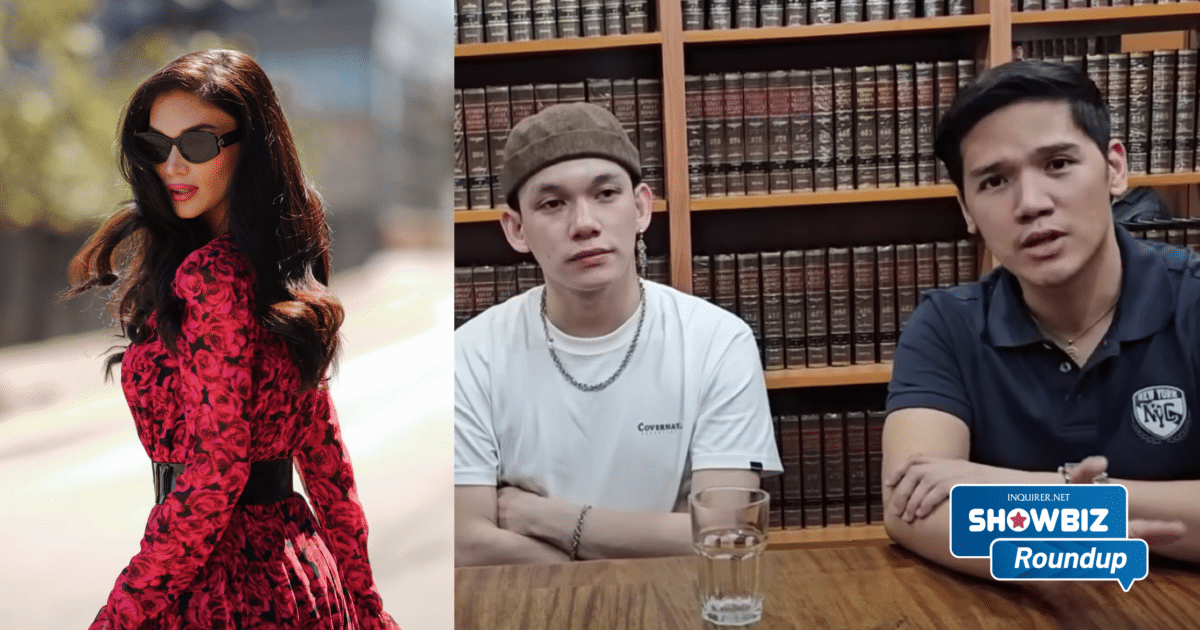American literature celebrates seekers. Think of the iconoclastic characters from Jack Kerouac’s “ On the Road ” or Walker Percy’s “ The Moviegoer. ” These restless, often white, literary wanderers search for an ineffable freedom or salvation outside the material trappings of the American Dream.
Gayl Jones considers the fate of a Black seeker in her novel “ The Unicorn Woman .” After a World War II tour of duty as a cook, Buddy Ray Guy (not to be confused with blues legend Buddy Guy) lingered in France post-war. Now, back home in Jim Crow 1950s Kentucky, he works in tractor repairs.

It’s a marginal job with little room for growth, typical of the limited options for Black men at that time, but its flexibility grants him time to develop and pursue leisure interests. Buddy’s wanderlust has a specific focus. Spellbound by the Unicorn Woman, a human oddity exhibited as a carnival attraction, Buddy declares that she is “the only woman in the world.
A real beauty. And the funny thing about it, the horn didn’t disturb her beauty; it enhanced it.” After circling her multiple times, he “felt indefatigable.
” Other spectators asked whether she looked more human or mythical. One claimed she looked like Billie Holiday. Tragic figure or con artist, the Unicorn Woman seized Buddy’s imagination.
“Whenever I met a new woman, I couldn’t help measuring her against the unicorn one,” he muses. Naturally, the Unicorn Woman stands for more than the woman herself. In a country that enlisted him to preserve its freedom yet binds him as a second-class citizen, Buddy latches onto fabulist, seemingly impossible dreams.
He concedes, “When you can’t go on belief, you go on wonder.” His choice to roam invites the reader along on this refreshingly idiosyncratic novel that manages to wear its seriousness lightly without ever losing sight of its significance. Advertisement Buddy follows the carnival and visits his long-distance girlfriend Gladys in Memphis, but he also tracks down medical professors and homeopathic healers who offer speculative insight into the authenticity of the Unicorn Woman.
Faced with the stark fact that the Unicorn Woman is protected by carnies (“Our freaks don’t fraternize”), Buddy accepts that “maybe it’s just easier to ask people about the horn than the woman. I can’t really ask anyone about the woman.” The awkwardness of his search echoes through the various misunderstandings that Buddy encounters.
The medical professional who thinks he’s playing a prank on him by asking about whether humans can grow horns. The girlfriends who can’t grasp why he’s not serious. The co-worker who thinks he isn’t ready to settle down.
This could be a grave book about alienation. Buddy could be a tragic figure out of place in American society. Advertisement And he is; however, Jones has no intention of taking that well-worn road.
Though Jones frames Buddy as a solitary man, haunted by an absence he can’t fill, he reaches outward. His search for the Unicorn Woman liberates him from the limitations of a circumscribed life. With Buddy, Jones plays with language — as much as character and plot — to illustrate the restorative nature of imagination.
He reflects, “I used to think that whenever anybody said ‘buddy,’ they were calling my name. Then I learned better.” His last name — Guy — is equally nondescript.
Often Buddy is misunderstood as a “farmer” soldier instead of a “former” soldier. Word play offers a sly ballast in a world where power is often wielded to great advantage. This artful verbal banter infuses Jones’s book with humor, something that her sharp-edged novels have often lacked.
Building on that linguistic acuity, Jones celebrates aphorisms and storytelling. Two unmarried, childless, older women (Buddy’s Aunt Maggie and her friend Vine E. Leeds), hold a consequential place in the novel as fonts of unconventional wisdom, as well as allies and models for Buddy to live a life outside a normative path.
Reflecting upon Ms. Leeds, Aunt Maggie says, “When I first went to see her, I was expecting something mystical and magical. But there’s nothing mystical and magical about her.
She’s a normal human woman.” They’re not ideal women or unicorns, per se, but they are entirely original and deeply humane souls whose folksy presence anchors the novel in the reality of possibility. Advertisement Time and again, Jones stresses that exceptional people are simply normal and human.
There’s constant interrogation as to whether Buddy would love the Unicorn Woman with or without her horn. Her authenticity remains a question, but the book ultimately concerns itself with the origins of curiosity and passion as well as an abiding desire for endurance and the need to understand things for what they are, distinguishing between preaching and testifying, romance and love, community and exclusion, wiliness and wilderness, seeming and being. Buddy’s open personality invites conversation and unsolicited wisdom.
Several times he’s been the recipient of careworn proverbs of various provenances such as “You know who you love, but you can’t know who loves you” and “Tell me whom you love and I’ll tell you who you are.” These statements speak to the novel’s larger mystery of American identity. We are all the composite of culture, myth, religion, carnival, perceived wisdom, and projection, the product of history that overlaps and repeats itself.
In a country hellbent on tearing down communities of color all the while celebrating freedom, how do we construct and maintain identity in the face of false mirrors? Asking these questions, Jones reveals herself one of our most important American novelists. THE UNICORN WOMAN By Gayl Jones Beacon Press, 192 pages, $26.95 Advertisement Lauren LeBlanc is a board member of the National Book Critics Circle.
.



















